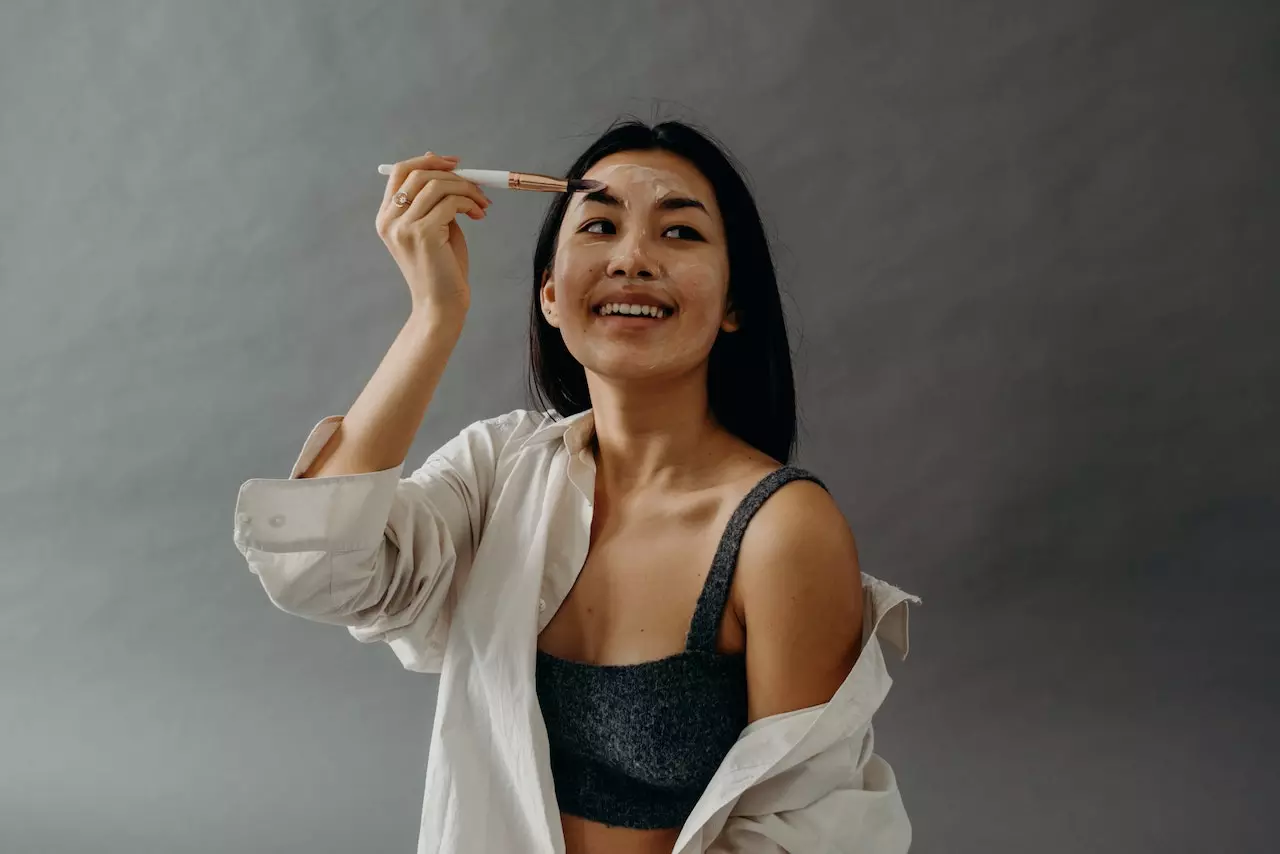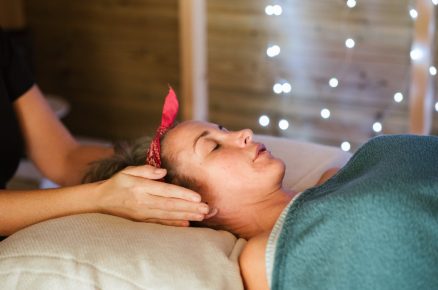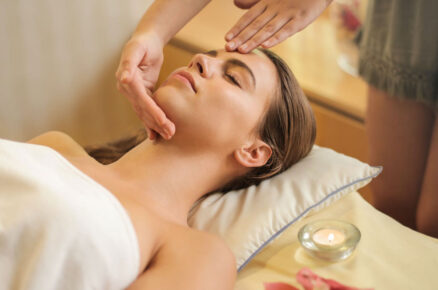A few things I’ve learned over the years: You need an arsenal of skincare products. From early morning to night time and even monthly routines. The list below includes not only the items you should own but also the ones I use as someone with oily skin. If you are new to skincare, I recommend starting with a few key skincare products. Cleanser, exfoliant, and moisturiser. If you’re doing at least that, you’re probably well ahead of the others in your field.
We cover everything from cleansing to exfoliating, including toners, serums, and moisturisers! These are the skincare products you should have in your routine, and I’ve included my favourites. You can replace the product with one that’s suitable for your skin type, but I want you to understand the procedure itself and why it is essential.
CLEANSER
This is the most obvious choice. If you are not washing your face, we have a problem, friend! I usually cleanse my face in the morning while showering. However, you will also use your cleanser at night before your bedtime routine.
Cleansers help to remove dirt, oil, and makeup. They aid in clearing clogged pores and eliminating dead skin.
A cleanser suitable for your skin type
This is vital because, as you know, not all cleansers (or faces) are created equal, and you must wash in a way that does not aggravate the signs of ageing, irritate your skin, or cause clogged pores. Here are our selections based on a variety of requirements:
- If you have dry skin, consider using an oil cleanser, micellar water, or cleansing milk. Do not be hesitant to use your cleanser to moisturise your delicate skin. This type of product may help in the breakdown of harmful substances while preserving your skin’s protective barrier. While they are suitable for all skin types, dry skin can benefit from their moisturising features.
- If you have oily, acne-prone skin, don’t be afraid to use a somewhat more harsh technique, but make sure not to completely strip your skin. Oil may be the source of your blemishes, but it also acts as an excellent barrier against pollution and irritants, which can age your skin or aggravate your breakouts. Enjoy the knowledge that your oily skin will most likely keep you appearing younger for much longer, and have products like the Pore Refining Cleanser on hand to keep your blemishes under control and the oils in your skin balanced. Treat your skin to a black mask regularly, as charcoal is useful for people who have blackhead-prone pores. We recommend the Acne Mask as an occasional treat for your skin.
- If you’re concerned about anti-ageing, avoid harsh cleansers that deprive your skin of the moisture it’s trying to maintain. Instead, use gentle cream cleansers that provide soothing hydration and healing, and always follow with the moisturiser. The Cleanser is a moderate yet energising product that brightens and refreshes your skin while also providing antioxidants and soothing protection.
- If you have combination skin, always choose less aggressive cleansers that gently remove impurities without stripping. Use spot treatments in places with excess oil and blemishes to avoid drying out other areas that may be sensitive.
Moisturisers
Moisture is always beneficial to your skin, regardless of skin type or age. The key is balance and addressing your skin’s moisturising requirements. Don’t forget to consider your neck and eyes when looking for the correct products, as these are the first regions where indications of ageing may appear.
- If you want to battle wrinkles and ageing skin, you need to address all the impacts of ageing, not just the lack of moisture. We recommend Filler in a Bottle because of its exceptional ability to offer huge levels of hydration, antioxidants, and botanically-based moisturisers to minimise wrinkles and refresh skin.
- If you have oily, acne-prone skin, don’t believe that you don’t need to moisturise. Your skin still requires moisture (but less of it), so consider products like a best-selling and award-winning product that provides fast-acting moisture to acne-prone skin while not leaving pores feeling heavy and clogged.
- If you have dry, sensitive skin, use Collagen Restore Creams to help your skin keep moisture and prevent irritating redness.
- If you have combination skin, try applying hyaluronic acid, which provides deep moisture to dry areas while avoiding congestion in oily areas.
Sunscreen
Any age-related issue you have should immediately include sun protection. Because UV exposure causes nearly 90% of ageing, it is critical to protect your skin and overall health with zinc or titanium oxide sunscreen. Dozens of products come to mind, but if you’re concerned about actinic damage and avoiding ageing, try a strong but easy option like SPF 47 or SPF 44, which also provides a touch of coverage that mixes with your makeup.
Retinol/vitamin C
In case you are unfamiliar with this wonder, a retinol product can improve any skin type or any problem you can throw at it. Retinol and Vitamin C can remove dead skin cells from pores, minimise fine lines and wrinkles, brighten skin by penetrating deeply to disrupt pigment formation, and aid in lessening or preventing acne scars. We often offer skin brighteners such as Vitamin C, E, Ferulic Acid, and Advanced Retinol Serum to our patients.
Scrub/Exfoliator
Now we know what you’re thinking. Is it really necessary to use a scrub or exfoliant on dry, sensitive skin? The short answer is “yes.” While oily skin can benefit from scrubs and exfoliators that help unclog congested skin, a gentle scrub can also improve sensitive or ageing skin by removing dead skin cells and allowing your other products to work more deeply and effectively. If you are prone to redness and irritation, we recommend using a gentle recipe like the Exfoliating Scrub but keep it on hand for a refreshing boost as recommended.
For any other recommendations for your skin type and the conditions you’re most concerned about, make an appointment with a dermatologist or aesthetician right away to avoid wasting years and money on products that provide little (if any) benefit and only take up space in your cabinet and on your skin.












Comments are closed.